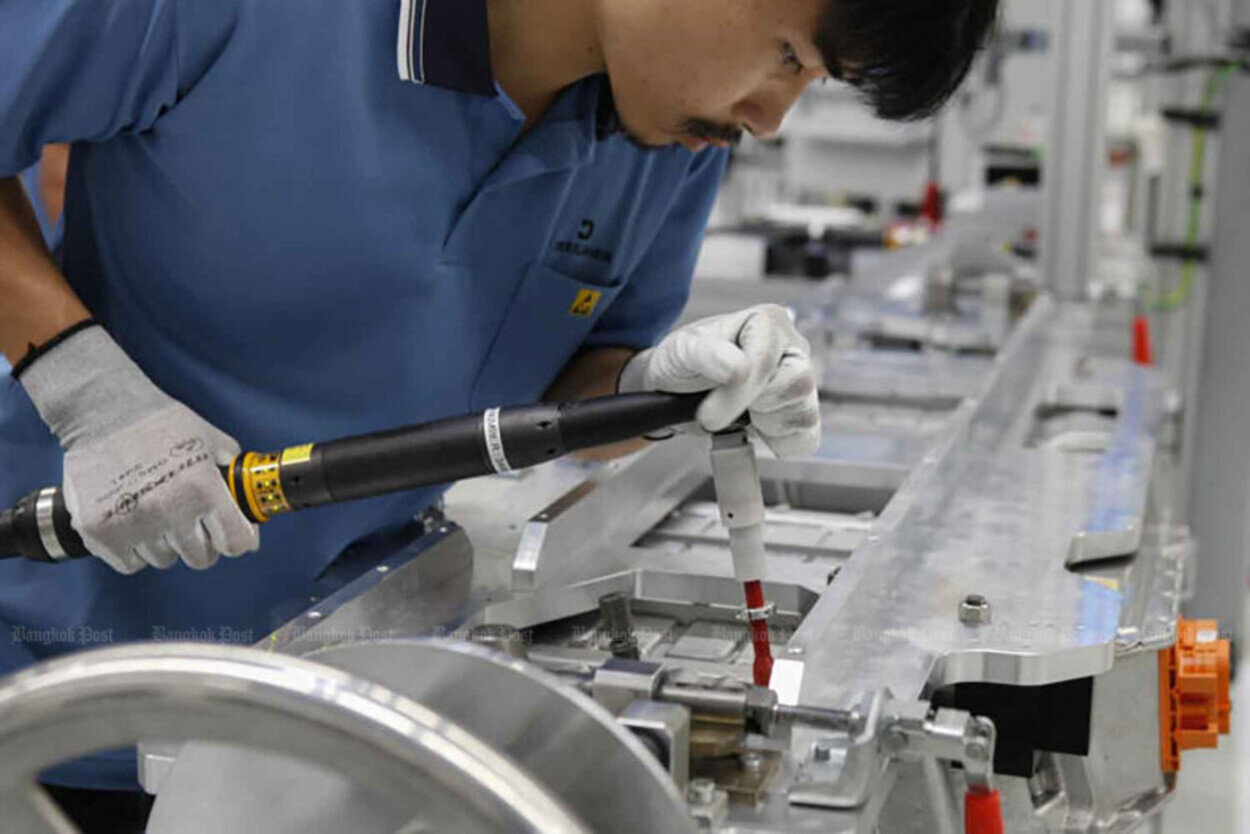Thailand’s manufacturing sector is bracing for a significant downturn following the United States’ proposal to impose a 36% import tariff on Thai products, set to take effect on August 1, 2025. The Employers’ Confederation of Thai Trade and Industry (EconThai) warns the move could sharply contract exports and lead to mass layoffs.
The tariff rate is notably higher than those imposed on neighboring competitors in Southeast Asia. Vietnamese goods will be subject to a 20% tariff, Malaysian products face a 25% levy, and Indonesian exports are expected to carry a 32% import duty.
Exporters are anticipated to feel the impact immediately, with EconThai projecting a plunge of over 50% in export value as early as July—before the official enforcement begins. This contraction is likely to ripple through the labor market in the second half of 2025.
“Many Thai workers are likely to lose their jobs, with unemployment hampering the labour market well into 2026,” said Tanit Sorat, EconThai vice-chairman and chairman of the National Labour Development Advisory Council.
Manufacturing across various sectors—such as tyres, air conditioners, electronics, home appliances, and processed agricultural goods—could see reduced output as they lose competitiveness in the US market, a key export destination.
Short-term consequences may include widespread layoffs and slowed industrial activity, as firms struggle to compete with regional rivals enjoying more favorable US trade terms.
The Joint Standing Committee on Commerce, Industry and Banking has previously cautioned that if the 36% tariff is implemented, Thailand’s GDP growth could dip to between 0.7% and 1.4% in 2025, with total exports contracting by up to 2%.
“In the short term, the business sector may manage, but prolonged weak outlooks into 2026 could severely damage the economy,” said Tanit. He added that Thailand’s appeal as a regional investment hub could wane, with investors potentially redirecting capital to Vietnam or Indonesia, where energy and labor costs are lower.
Despite concerns, Federation of Thai Industries chairman Kriengkrai Thiennukul expressed optimism that negotiations with the US could yield reduced tariff rates.




